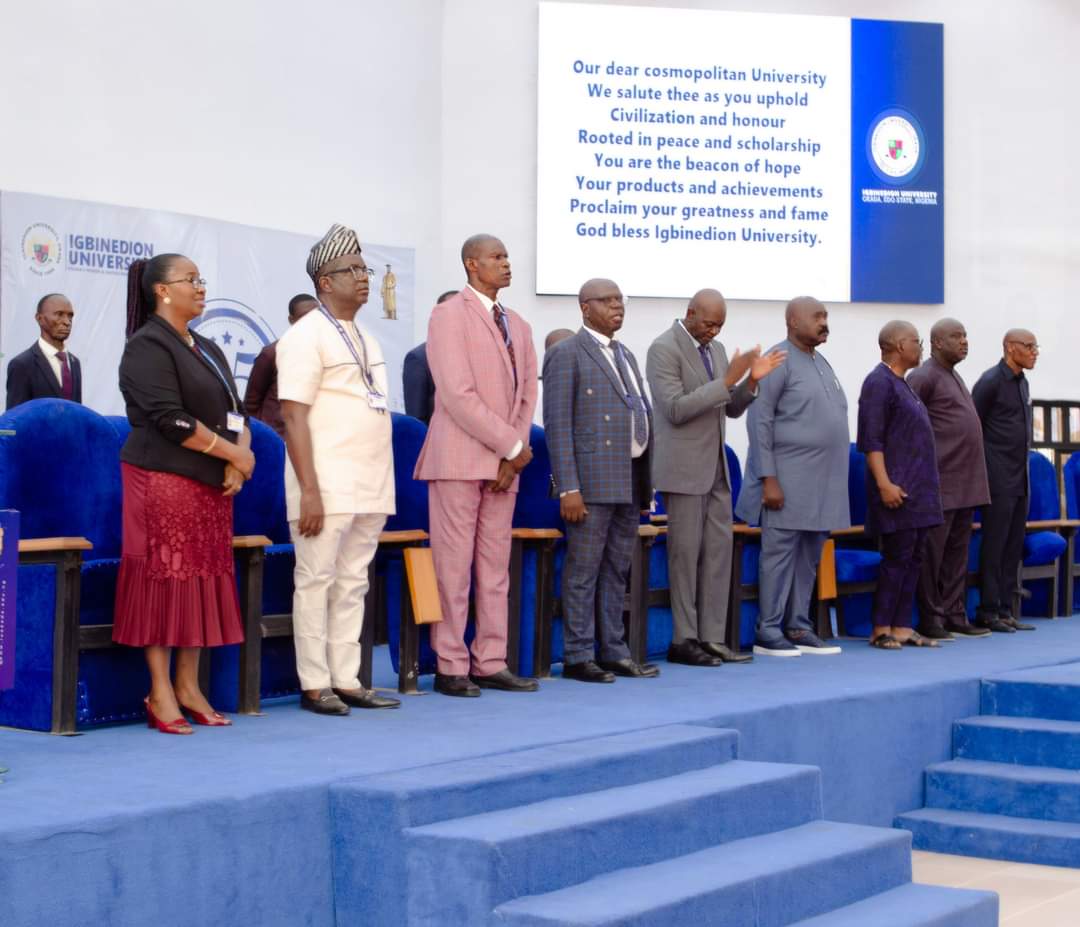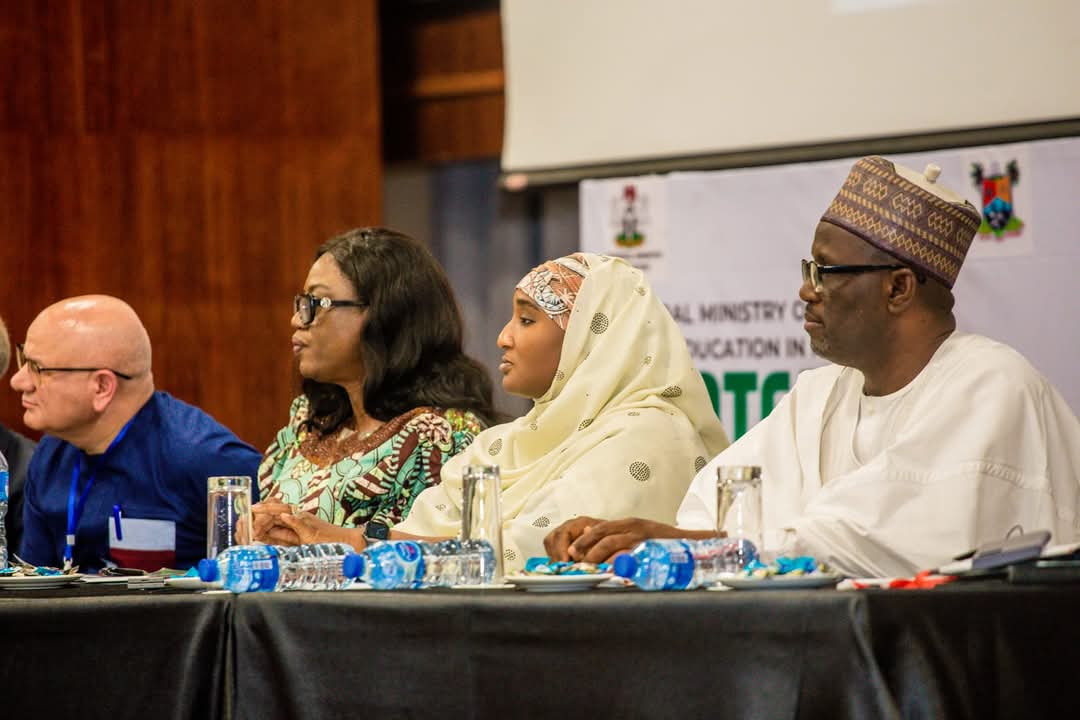Abigail Katung, the Lord Mayor of Leeds City, United Kingdom, has outlined a comprehensive strategy to address the challenges plaguing Nigeria’s education system, emphasizing the need for urgent reforms to uplift the sector’s quality.
Delivering the 22nd Convocation Lecture of Igbinedion University, Okada, on Tuesday, Ms. Katung presented a lecture titled “Education for National Impact.” In her address, she identified systemic issues such as insufficient funding, outdated curricula, and limited access as significant barriers to educational development in the country.
“Education has been and remains the most effective tool for societal transformation,” she said. “Nigeria, with a youthful population, needs education to lift individuals out of poverty and to empower the marginalised communities. Therefore, access to education should not be determined by gender, class, or geography.”
The Nigerian-British politician urged the adoption of UNESCO-recommended budgetary allocations to the education sector, paired with transparency and efficient resource management. To tackle unemployment, she proposed an overhaul of the national curriculum to prioritize Science, Technology, Engineering, Arts, and Mathematics (STEAM), alongside entrepreneurship and skills acquisition.
Ms. Katung further recommended integrating e-learning platforms, increasing investment in tertiary education, and fostering research aligned with national development goals. She also highlighted the importance of public-private partnerships and collaboration with traditional and religious leaders to promote quality education across Nigeria.
Addressing the graduating students, Ms. Katung encouraged them to view their academic achievements as a responsibility to drive societal progress. “Follow your dreams, and see failure not as an end but as a learning opportunity,” she advised.
Earlier in the ceremony, the Vice-Chancellor of Igbinedion University, Prof. Lawrence Ezemonye, announced that 856 students graduated during the 2023/2024 academic session. Among the graduates were 718 undergraduates and 138 postgraduates, including 45 first-class degree holders and 160 graduates from Medicine & Surgery and Pharmacy.
Prof. Ezemonye urged the graduates to apply the knowledge and tools acquired during their studies to create a world reflecting the values of the institution.
Ms. Katung’s powerful address underscores the urgent need for systemic reforms to unlock Nigeria’s educational potential and empower the next generation of leaders.












